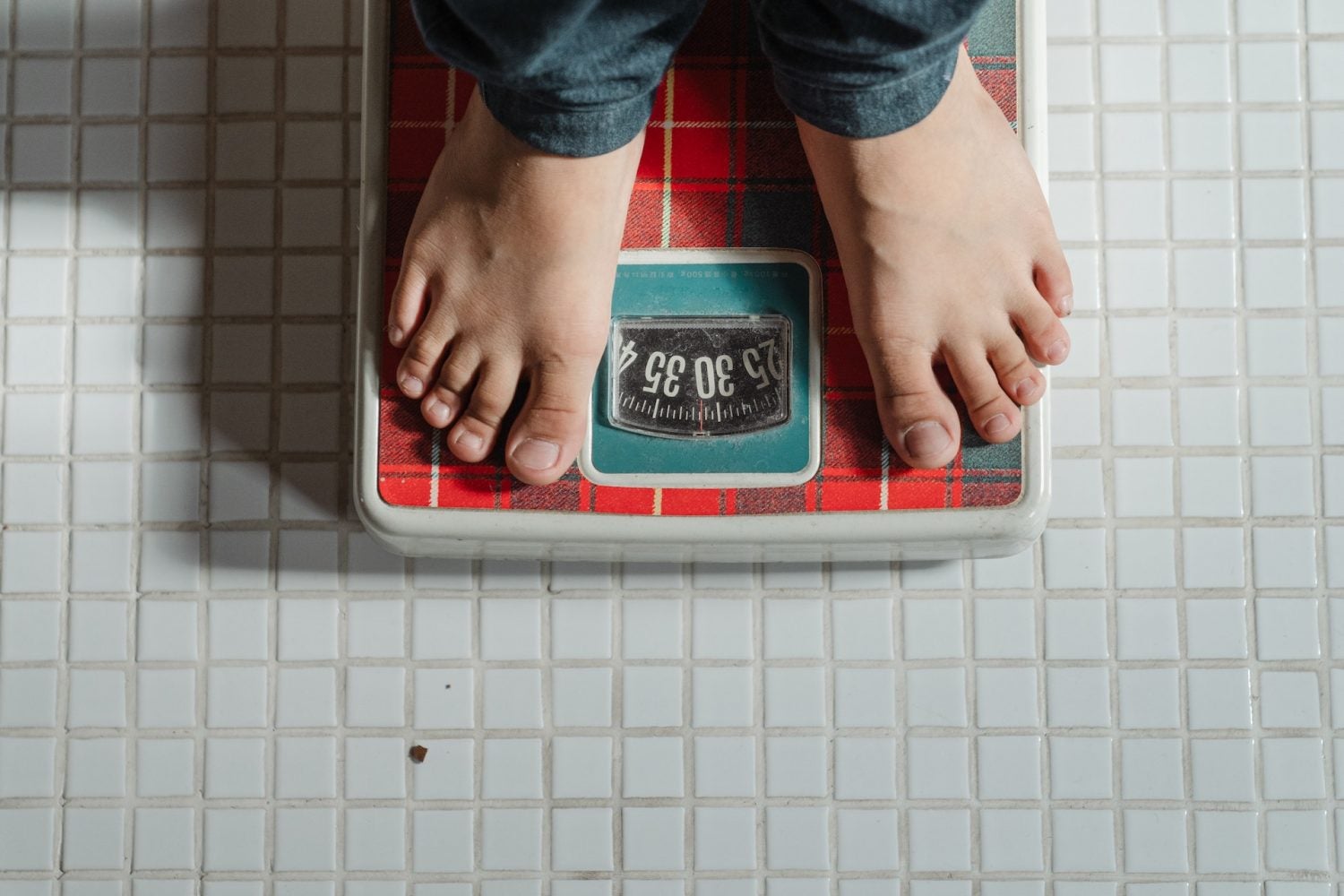Counting calories every day is necessary if you want to lose weight. By counting your daily calorie intake, you can limit the amount and type of food you eat. It can help you to avoid unhealthy foods that are high in calories.
It is important to check your weight on a weekly basis to monitor your progress. Moreover, it is important to note that body weight fluctuates due to a variety of factors. By tracking your progress, you can make the most of your diet and exercise plan.
To make the process easier, you can use a calorie counter in Beyond Body book. It can help you calculate your calorie intake. It is important to understand that calorie counting should not become an obsession.
If you want to know whether calorie counting works for weight loss, continue reading this article.
What Is A Calorie?
A calorie is a unit of energy that you can get from food or drink. Although calories aren’t necessarily bad for you, consuming too many calories can contribute to weight gain. So, you should aim to eat food that contains fewer calories and lower your total weight.
The human body needs calories to perform basic functions, such as circulating blood and carrying out physical activities. When you do any physical tasks, your body burns calories to work.
During illness, extra calories are necessary for fighting off infection and fever. Taking in too many calories may lead to health problems, so it is important to understand the concept of calorie intake in general.
What Is Calorie Counting?
Calorie counting is a process of keeping track of the calories in a meal or overall intake throughout the day. The idea behind this process is to make sure that you’re getting the right amount of calories for your goals. It can be a helpful tool to help you stay on track and make healthy food choices.
The practice of calorie counting is incredibly popular and often helps to control weight. It’s a great way to avoid binges, but it can be harmful when used improperly. The danger of calorie counting lies in the fact that it can lead to obsession with food. This is why it’s important to consult with a physician before starting this technique.
Does Calorie Counting Help With Weight Loss?
Yes, calorie counting can help with weight loss. Some people report that counting calories help them lose weight, while others don’t see any noticeable results at all. The key to calorie counting is to stay focused and avoid limiting yourself to low-calorie foods.
Depending on your age, height, weight, and physical activity, the number of calories your body needs daily can change. An adult woman should eat between 1,600 and 2,400 calories per day. To get a better idea of how much you should be eating per day, consult a dietitian. You may even want to consider calorie counting alongside your normal diet to lose weight.
Calorie counting is a relatively simple concept. You lose weight by eating fewer calories than you burn. By decreasing your calories and increasing your physical activity, you will lose weight. Moreover, it will make you more aware of the foods you consume and think about your weight loss goals. And as long as you stay consistent with your calorie counting program, you can easily lose weight.
Is Counting Calories a Good Way to Lose Weight?
Counting calories is an effective way to lose weight, but only when it’s used in a healthy manner. The wrong approach can result in a downward spiral that’s bad for your health and deepens your body image issues. Instead, try focusing on mindful nutrition, which will help you cultivate a healthy relationship with food and your body’s needs.
However, strict calorie counting can make it difficult to socialize or even eat with friends. It may also leave you confused when it comes to choosing foods. Moreover, counting calories is not accurate science, and it’s not realistic for most people’s daily lives.
Moreover, counting calories can be frustrating, stressful, and depriving your body of the enjoyment of food. In addition, you may feel pressured to constantly exercise, which further impedes your progress. Additionally, calorie-counting may also result in obsessive eating and a lack of enjoyment of your meals.
A good way to cut back on calories is to pay attention to the labels of food. It is also helpful to use a calorie counter, which is available from reputable sources. Cutting back on portions is also an effective way to reduce the number of calories consumed. Increasing your physical activity is also essential for a successful weight-loss plan.
While many people underestimate the amount of food that they eat when eating out, the size of the serving or portion is different from the actual amount. It’s best to eat smaller portions and eat more vegetables and fruits. You can also use smaller plates and bowls to keep your food portions in check.
How Many Calories Should I Eat a Day to Lose Weight?
You can find out how many calories you need each day by using a calorie calculator or digital app. Dietitians are also great resources to help you figure out the right amount of food to eat to lose weight. They take a variety of factors into account when determining how much you should eat and when you should limit your calorie intake.
The number of calories you need each day will depend on age, gender, activity level, and body size. Your body requires about 2000 calories a day. For men, this number is 2,500 calories. You should monitor your caloric intake closely and make adjustments as necessary to maintain a healthy weight.
If you’re aiming to lose weight, a calorie deficit of 500 calories per day is enough to shed a pound of fat a week. The amount of calories you need for weight loss depends on your age, activity level, and metabolic health.
The Downsides of Calorie Counting
Many people think that counting calories are an inevitable step in their fat loss journey. While it is not the only way to lose weight, it can give you structure and accountability. It can also help you make better food choices. You can also feel better about your choices when you know how many calories you eat each day.
One of the biggest downsides of counting calories is that it can encourage unhealthy eating behaviors. Because you have to be constantly on the lookout for food choices, you may become obsessed with the process. This can affect your physical and mental health.
Another disadvantage of calorie counting is that it doesn’t take into account the nutritional value of foods. This means that a low-calorie, low-nutrient food may be more appealing to you than a high-calorie food that is rich in nutrients. Another downside is that it can push you to a low-fat diet.
People who are strict about counting calories may find themselves avoiding social situations and restricting their diet. In addition, they might feel confused about the types of food they should eat.
Conclusion
While counting calories may be a convenient way to lose weight, it isn’t a practical solution. It can be used along with different activities like exercising and eating healthy. Making lifestyle changes is extremely important to losing weight in a healthy manner. Set your priorities and goals and follow them.



















